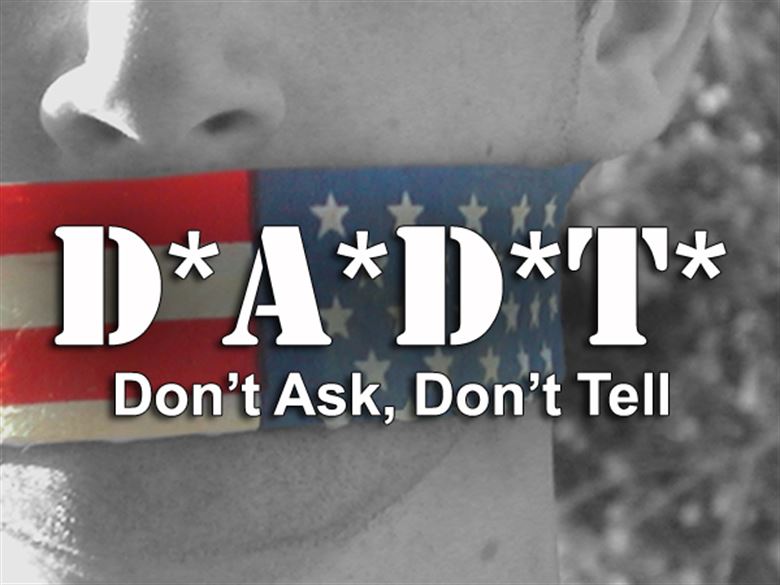Trinity Lutheran Church of Columbia v. Pauley
Trinity Lutheran Church wanted to make the playground of its Child Learning Center safer. So, it applied for a grant from a Missouri state program that helped underwrite the cost of adding rubber surfaces. Although the church’s grant application received one of the highest scores in the evaluation process, the state denied the application based on its policy of denying grants to religiously affiliated applicants. The church sued the state over this discriminatory treatment.
Trinity Lutheran Church of Columbia v. Pauley Read More



